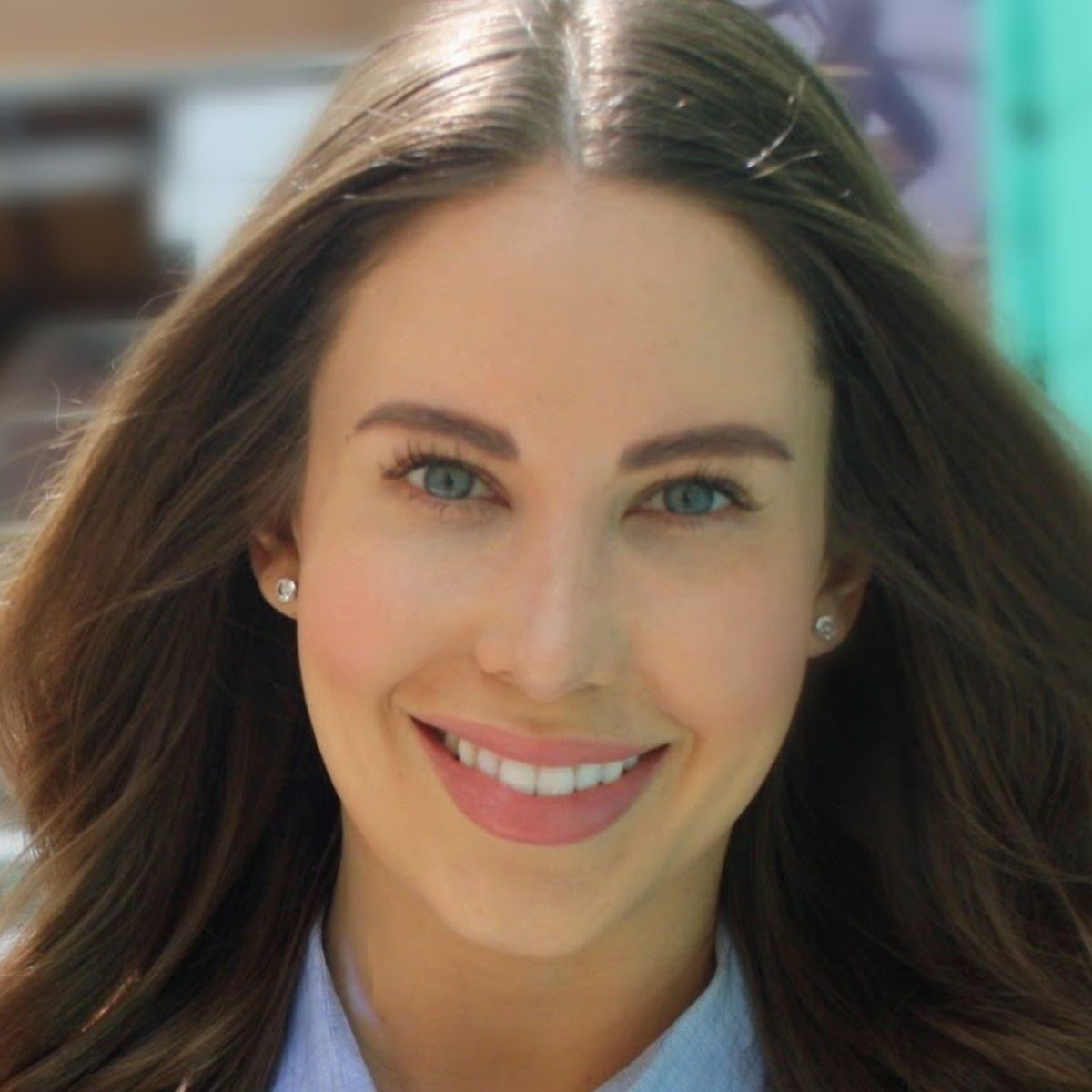By…
Meet Dr. Sarah Saska, CEO of DEI Consulting Firm, Feminuity

As the CEO of Feminuity, Dr. Sarah Saska (Sher, Her, Hers) partners with leading technology startups through Fortune 500s to build diverse teams, equitable systems, and inclusive products and company cultures. Before co-founding Feminuity, Sarah led pioneering doctoral research at the intersection of equity, technology, and innovation. Her research highlighted the need for companies in the technology and innovation sector to centre ethical and equitable design and became the inspiration for Feminuity.
My first job ever was… offering conflict resolution sessions to kids during recess in elementary school.
I decided to be an entrepreneur… out of necessity. When I was in grad school, I led research on the importance of equity and inclusion in the design of technology and innovation. In the process, I found gaps, biases, and blatant inequity in some of the technologies and innovations that are intended to make our lives easier, and better. These technologies weren’t inclusive or accessible for some, and were actually harmful to others. Some common examples include facial recognition software that doesn’t detect racialized people’s faces, natural language processing (NLP) that doesn’t recognize different dialects, and risk assessment algorithms that disproportionately assign high crime risk scores to Black people. In the midst of my Ph.D., I took a pause and joined MaRS Discovery District to translate my research into practice, and that’s how Feminuity came to be.
Tech companies must prioritize diversity and inclusion because… we’re at a critical moment in history where technology can either exacerbate existing inequities, or make things a heck of a lot better. Right now, many tech companies have more political, economic, and social power than entire countries. They are out-pacing law and policy and playing in the proverbial grey in ways that are having real, tangible effects on issues relating to equity and human rights. If left unchecked, we know that technological and innovative solutions will continue to hide, speed up, and deepen various forms of exclusion, discrimination, and inequity. A small sliver of the population should not be able to determine and design technologies that impact the majority of us; technology will be most powerful when everyone is empowered by it.
My proudest accomplishment is… my relationships.
My boldest move to date was… turning down offers that while seemingly secure, financially lucrative, and optically prestigious, just weren’t right for me. They didn’t fit the type of life I want to live, the type of person I want to be and the kind of impact I want to have in the world.
I surprise people when I tell them… that we turn down clients whose values do not align with ours and that we’ve never raised money.
My best advice to people starting out in business is… to get really good at identifying and taking the advice that’s right for you and what you’re building, and to have the guts to leave the rest behind.
My biggest setback was… younger versions of me that had limiting beliefs in my own abilities. Also, being in romantic relationships that didn’t support my vision.
I overcame it by… doing the work and building an incredible support system. I now know and believe that I am resourceful and resilient enough to handle anything and it’s made all of the difference. It’s become clear to me from our work that the characteristics and qualities of entrepreneurs quickly become a core part of an organization’s culture, whether for the better or for the worse. So it’s up to us to continue to do the work to lead in more human, ethical, and equitable ways.
If I had an extra hour in the day, I would… read more! I usually have 3-4 books on the go at any time and I crave more time to read each day. I am currently reading: Ramesh Srinivasan’s brilliant research as detailed in Beyond the Valley, Annie Jean Baptiste’s game-changer, Building for Everyone, and re-reading Esther Perel’s State of Affairs.
The one thing I wish I knew when starting my business is… when it’s best to outsource and pay other people to do something and when it’s best to invest in my own learning and development. We cannot do it all.
I stay inspired by… people’s stories.
My next step is… to launch an e-learning course to share everything we’ve learned about the diversity, equity, and inclusion practice over the past decade. I’ve been overwhelmed with requests from newly minted diversity and inclusion leads and Chief Diversity Officers to support them in their role, and it’s become really clear there isn’t a practical, applied, and actionable program for new leaders to learn from. It’s a gap in the market. We’re going to share everything from how we collect and analyze data using an intersectional analysis, to how we design equitable diversity and inclusion strategies, to how we develop custom metrics and evaluation, and more. It’ll be another labour of love, but it’ll also be awesome to open-source this work.
By:…
Four Empowering Strategies to Overcome Imposter Syndrome
By:…
Adapting Leadership: Why Traditional Models Fall Short in Today’s Dynamic Workforce
Women…
New Survey Reveals that Almost 80 per cent of Women Face Ageism in the Workplace
You…
You Need to Meet: Dr. Dana Sinclair, a Performance Psychologist Helping Athletes and Professionals Excel
You…

